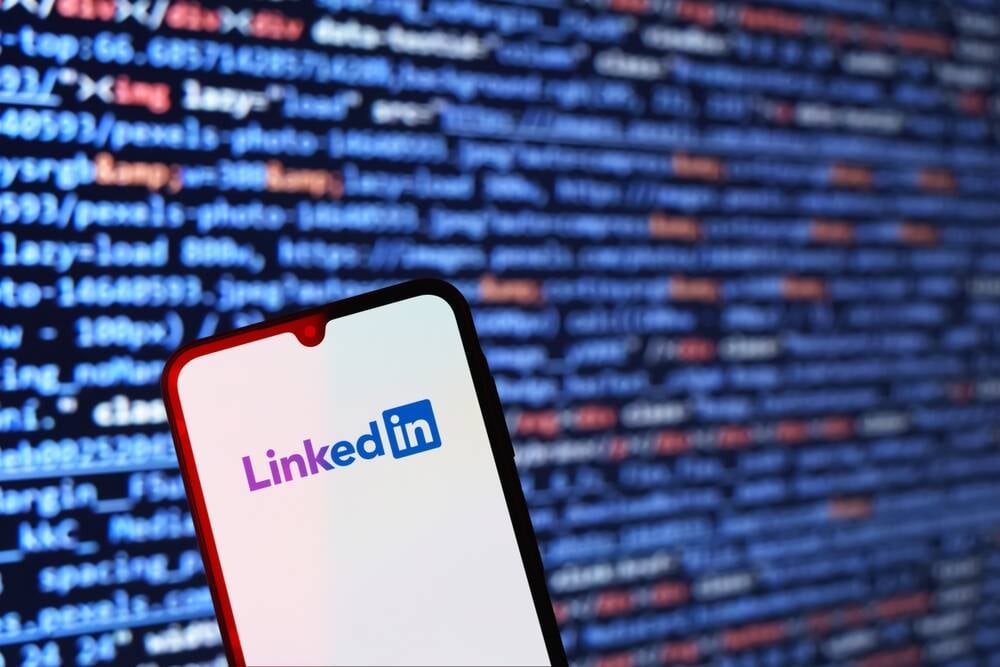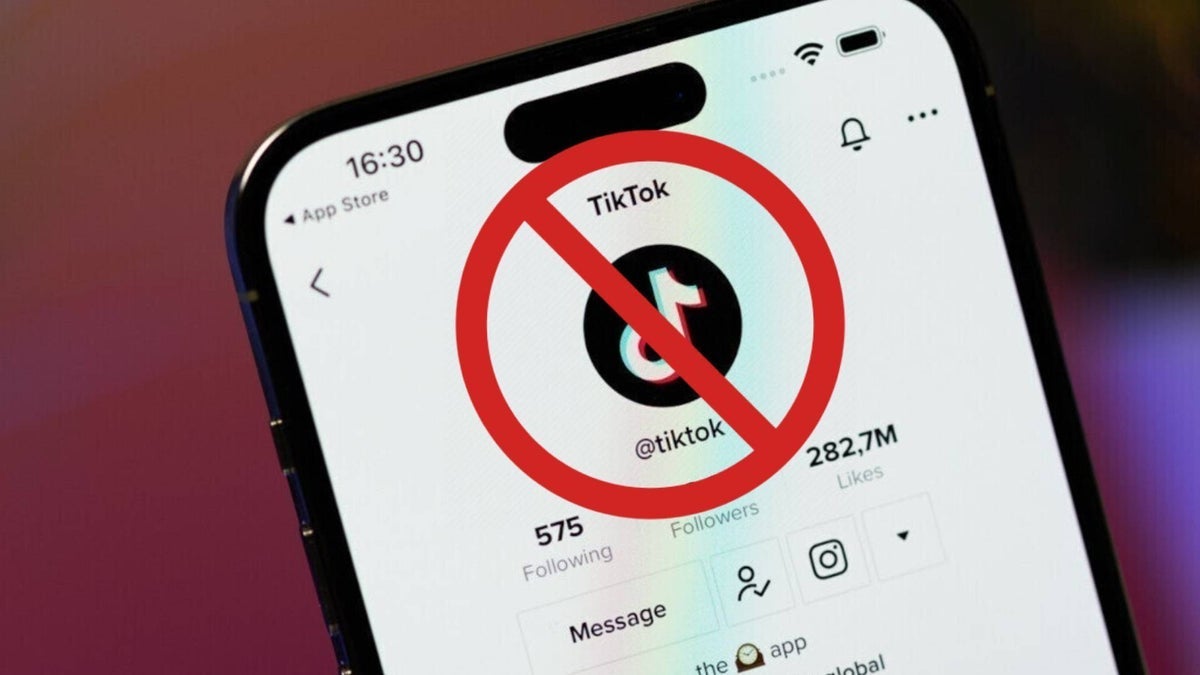Tech Industry Urges EU to Halt Italy’s Overreaching Anti-Piracy Measures
The CCIA, which represents global tech firms including Amazon, Cloudflare and Google, is sounding the alarm over Italy's "Piracy Shield" blocking scheme. The group's European branch urges the EU Commission to step in to prevent overblocking and to promote transparency. Additional measures requiring Internet services to actively report illegal activity on their networks are seen as problematic too. From: TF, for the latest news on copyright battles, piracy and more.

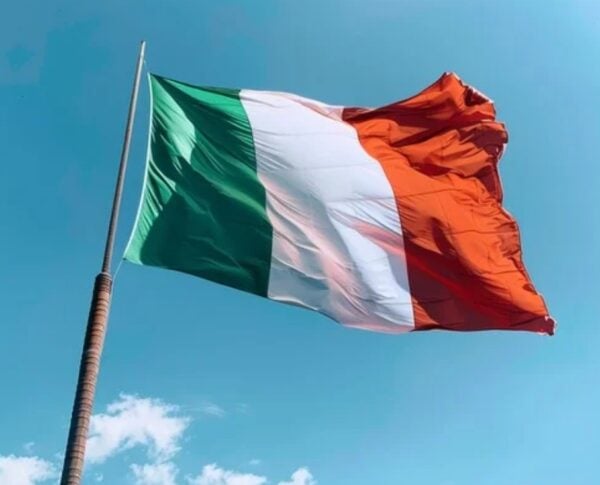 Launched last year, Italy’s elaborate ‘Piracy Shield‘ blocking scheme was billed as the future of anti-piracy efforts.
Launched last year, Italy’s elaborate ‘Piracy Shield‘ blocking scheme was billed as the future of anti-piracy efforts.
To effectively tackle live sports piracy, broad blocking powers aim to block piracy-related domain names and IP addresses within 30 minutes.
While many pirate sources have indeed been blocked, Piracy Shield is not without controversy. There have been multiple reports of overblocking, where the anti-piracy system blocked access to Google Drive, Cloudflare, and other legitimate sites and services. Meanwhile, calls for more transparency and accountability are growing.
Tech Industry Sounds Alarm Bell
Yesterday, the Computer & Communications Industry Association (CCIA) sounded the alarm. In a letter addressed to the EU Commission, the coalition of tech industry companies, including Amazon, Cloudflare and Google, shared grave concerns.
The European branch of CCIA acknowledges that Piracy Shield aims to protect rightsholders. However, they argue that the ‘blunt’ DNS and IP blocking measures represent a threat to other companies and the public.
“While this approach aims to protect intellectual property and reduce online piracy, it relies on IP address and domain name system (DNS)-level blocking, making it a potentially extremely blunt instrument to address online copyright infringement,” CCIA writes.
In addition, extending the blocking scheme to DNS resolvers and VPN providers is seen as a major concern. These tools are not suited to carry out blocking measures, CCIA says, as they are fundamental to the protection of free expression.
CCIA emphasizes that concerns about overblocking are not hypothetical, as the Piracy Shield is already wreaking havoc. It cites the aforementioned Google Drive blockade, which affected millions of Italians and took hours to resolve.
“On 20 October 2024, Google Drive was mistakenly blocked by the Piracy Shield system, causing a three-hour blackout for all Italian users, while 13.5% of users were still blocked at the IP level, and 3% were blocked at the DNS level after 12 hours.”

Transparency, Verification & Accountability
While European Courts have previously greenlighted pirate site blocking schemes, CCIA highlights that Italy’s implementation lacks sufficient safeguards and transparency. That makes the prevention and swift correction of errors much more difficult.
The tech group also notes that Piracy Shield was developed by a company affiliated with local football league Serie A, one of the few rightsholders currently allowed to use the system. This raises concerns of whether the system adequately considers all stakeholders’ interests.
CCIA says that AGCOM, the regulator that manages Piracy Shield, should take measures to address these concerns.
“The Italian Piracy Shield should at the very least incorporate more robust verification protocols and significantly enhance transparency, as well as adequate redress mechanisms for affected users, to reduce these negative impacts.”
Problematic Reporting Obligations
In addition to matters directly related to blocking, the tech industry is concerned about recent amendments to Italian copyright law that introduce obligations that contradict the principles set forth in the EU’s Digital Services Act (DSA).
These amendments mandate all intermediary providers to report any knowledge of illegal activity, including minor copyright infringements. Failure to comply could result in up to one year of imprisonment.
According to the CCIA, these requirements introduce new obligations for companies that simply pass on traffic. It argues that these requirements go beyond EU law and will create a chilling effect on freedom of expression and innovation online.
Withdraw Piracy Shield
CCIA believes that Piracy Shield and the recent legal amendments violate several EU laws. They were not submitted under the TRIS procedure either, a key element of the European Union’s single market policy when it comes to rules regarding online services.
To properly address these concerns, CCIA urges the EU Commission to engage with the Italian Government to put a halt to the anti-piracy measures, so their lawfulness can be thoroughly checked.
“The Italian government should withdraw the above-mentioned legislation in order to go through the TRIS procedure, allowing the Commission and other Member States to review the substance of these flawed and ineffective initiatives, and address their infringement of European laws,” CCIA concludes.
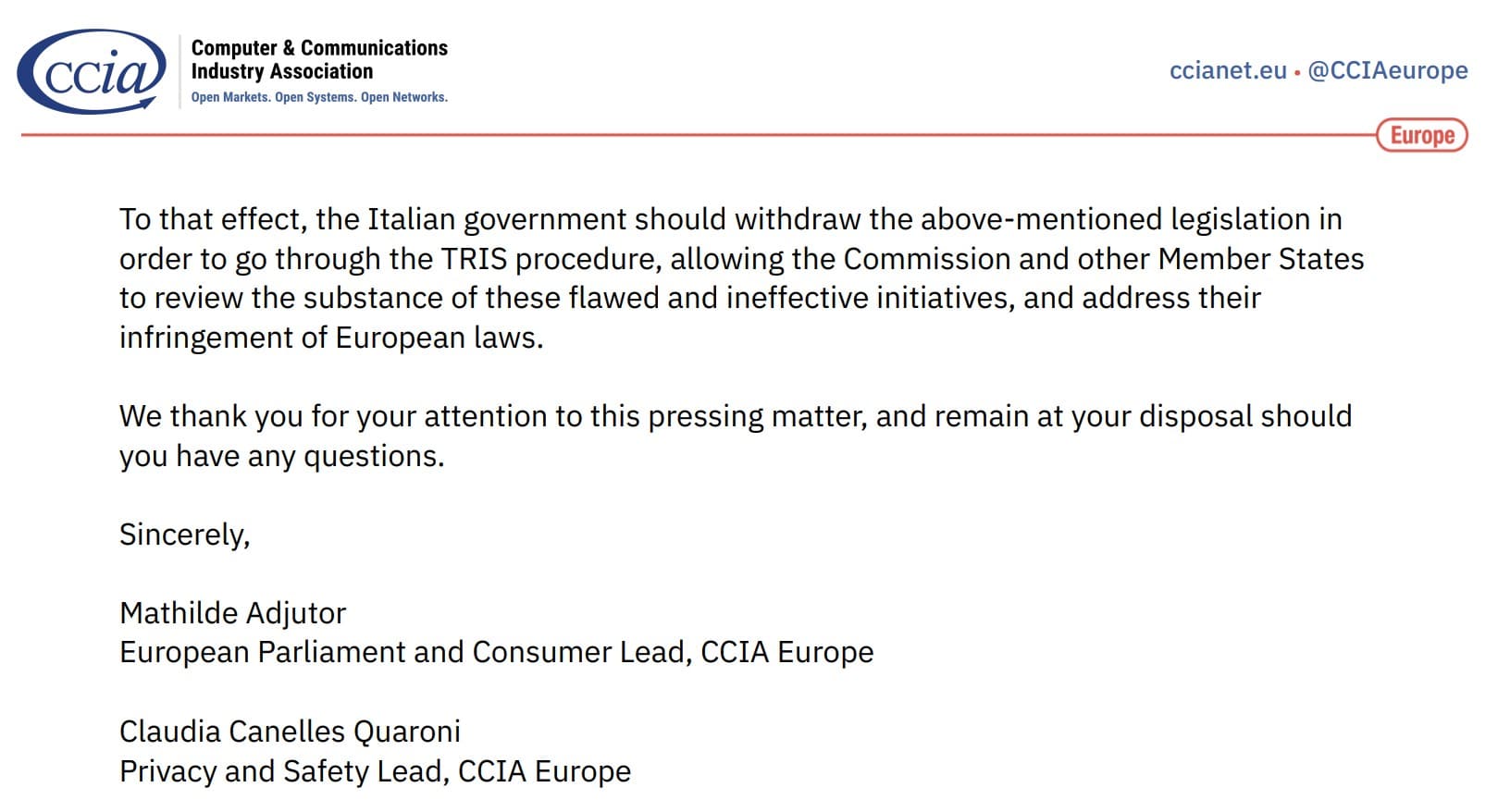
—
A copy of CCIA Europe’s letter is available here (pdf)
From: TF, for the latest news on copyright battles, piracy and more.
What's Your Reaction?











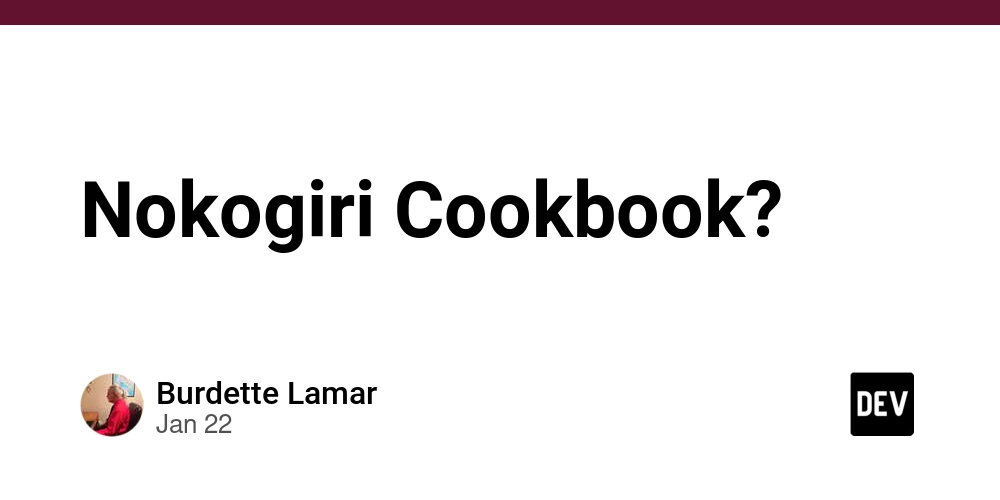








/cdn.vox-cdn.com/uploads/chorus_asset/file/24087489/STK137_Tumblr_K_Radtke_02.jpg)
